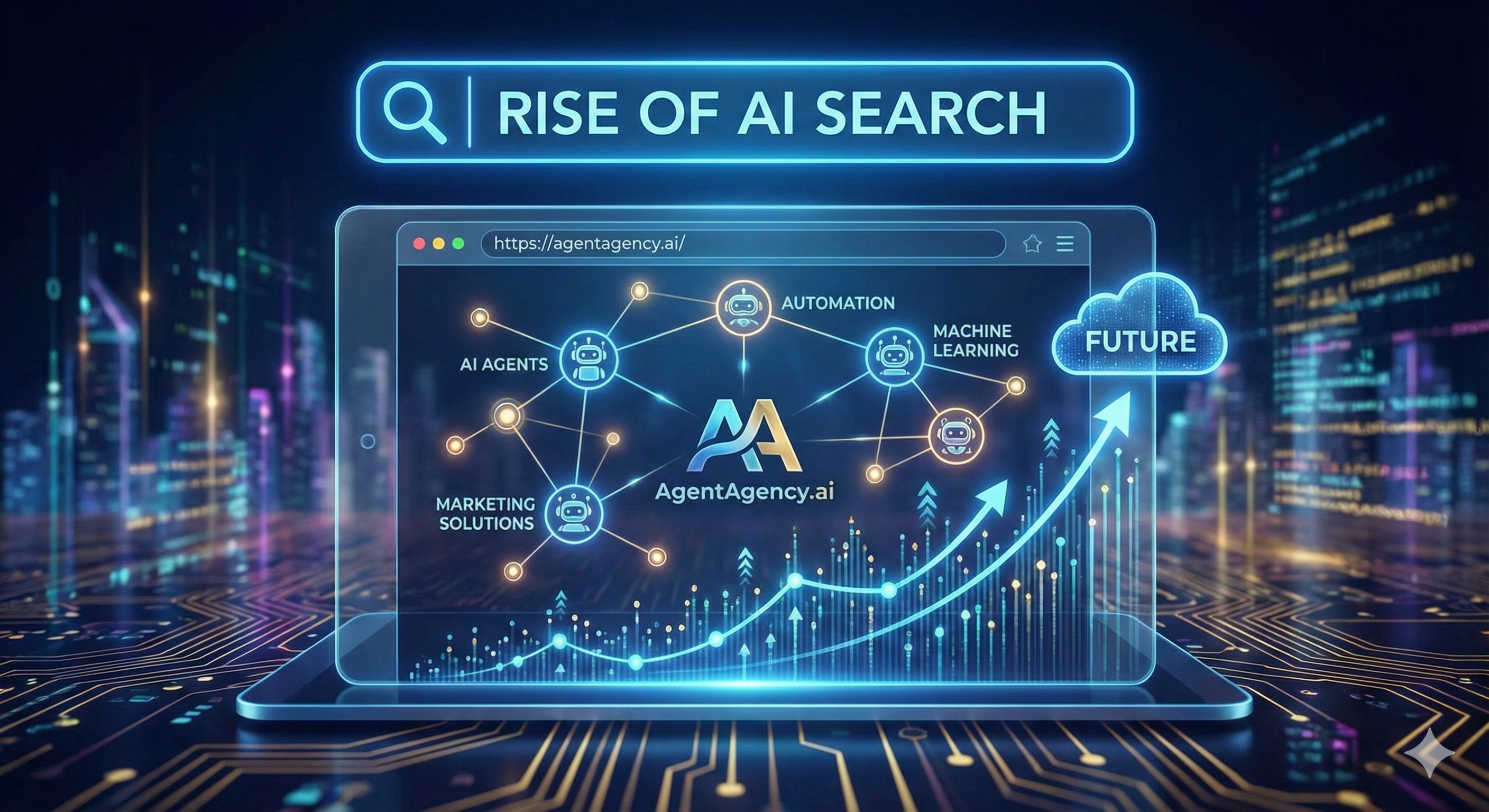🧠 The Rise of Generative Search
Traditional search asks you to do the work—refine queries, scan results, click around. AI search flips this: you ask complex questions in natural language, and the AI synthesizes relevant answers for you.
Key drivers of this shift:
Google’s Gemini-powered AI Overviews are now live for over 1 billion users as of 2025, offering direct, summarized answers alongside traditional results.
Startups like Perplexity, Deepseek and You.com repackage information into clean, citation-rich overviews, minimizing the need to click around.
Response times are competitive: Google's AI responses now load in 4.4 seconds on average—on par with traditional search engines.
📊 By the Numbers: Adoption and Impact
AI-driven search is not just a shiny new toy—it’s becoming a habit:
71.5% of U.S. adults have used AI tools for search, with 14% using them daily (Higher Visibility, 2025).
82% of Gen Z have used AI search tools, showing the highest adoption among all age groups.
41% of users trust Gen AI search more than traditional paid ads. That number jumps to 68% among daily AI users.
25% projected drop in traditional search engine traffic by 2026 (Gartner).
96% less traffic is sent to publishers via AI-generated answers compared to traditional Google results (Search Engine Journal).
This data underscores not just a change in toolset—but in user behavior and expectations.
🌍 Why AI Search Makes Sense for Travel
Of all sectors, travel is especially ripe for disruption by generative AI search.
✈️ 1. Travel Is Multi-Step and Personalized
Planning a trip involves a series of interconnected questions—flights, hotels, attractions, budgets, preferences. AI tools can simulate a conversation with a travel agent, crafting custom itineraries based on your constraints (“Plan a 5-day trip to Tokyo on a $2,000 budget that includes museums and street food”).
🔍 2. Visual + Contextual Discovery
AI-powered tools can combine multimodal inputs (e.g., photos of landmarks or screenshots of bookings) to enhance search. Google’s Gemini can analyze video content to troubleshoot or plan around real-world scenarios, such as reading a metro map or exploring hiking trails.
📈 3. Fragmented Search Behavior
Travel search often spans multiple platforms:
Traditional search engines (for broad info)
Social platforms (TikTok for destination ideas)
E-commerce platforms (Expedia, Airbnb)
AI tools (for itinerary generation)
AI tools help consolidate this fragmented behavior into one unified experience, providing curated, actionable content fast.
🧳 4. Rising Demand for Personalization
Modern travelers demand personalized recommendations—something AI excels at. Generative search understands preferences, remembers past interactions, and can fine-tune suggestions (e.g., vegetarian-friendly restaurants near a hiking trail in Greece).
🛠 Challenges Still Ahead
While the future looks promising, there are hurdles:
Accuracy & hallucinations remain a risk in AI summaries.
Attribution battles between AI firms and publishers are heating up—lawsuits from Forbes and The New York Times are just the start.
User control and transparency need work; opting out of AI features isn’t always straightforward.
💡 Takeaway: Why It Matters
AI search isn’t just faster—it’s smarter. For industries like travel, education, health, and professional services, where users crave context-rich, multi-step answers, AI is more than a trend—it’s a competitive advantage.
If you’re a travel company, tour operator, or digital content creator, now is the time to:
Optimize content for AI visibility
Explore partnerships with AI platforms
Embrace conversational, multimedia content strategies
Because in the not-so-distant future, the question won’t be “Did they search for you on Google?”—it’ll be “Did their AI assistant recommend you at all?”
Sources:
Gartner, Search Engine Journal, Higher Visibility, Forrester, StatCounter, Google Search Labs, PCMag AI Rankings 2025, Federal Reserve Bank of St. Louis, Barron’s
